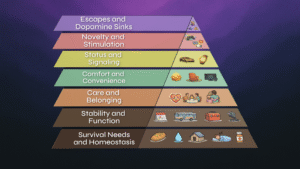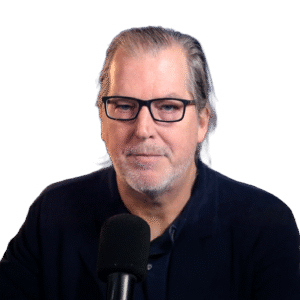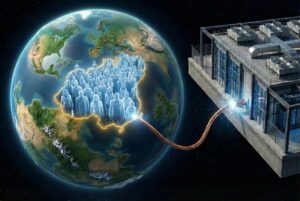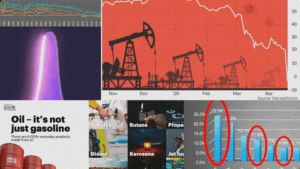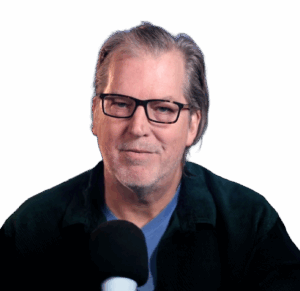Description
In this Frankly, Nate follows up the recent Reality Roundtable on poverty with a wider perspective on the different types of “wealth” in our society that go beyond the material. At the same time that the power dynamic of the economic superorganism leads us to a hyperfocus on the pursuit of growth and monetary wealth, other forms of poverty increase: relationships, skills, health, and behavioral deficits. How do our assumptions and societal expectations align with the reality of what it means to be rich? Can reflecting on our own place within the various “Haves” and “Have-Nots” help us be more compassionate towards others and direct us to a more stable and sane place in society? How will the turmoil and decrease in total material wealth in the coming decades change what it means to be wealthy – and how does that influence the actions and investments we take on today?
In French, we have a motto that says that a simple drawing is often better than a long explanation. Jean-Marc Jancovici Carbone 4 President
That’s very understandable because with left atmosphere thinking, one of the problems is that you see everything as a series of problems that must have solutions. Iain McGilchrist Neuroscientist and Philosopher
We can’t have hundreds and hundreds of real relationships that are healthy because that requires time and effort and full attention and awareness of being in real relationship and conversation with the other human. Nate Hagens Director of ISEOF
This is the crux of the whole problem. Individual parts of nature are more valuable than the biocomplexity of nature. Thomas Crowther Founder Restor
Show Notes & Links to Learn More
00:10 – Reality Roundtable #7: Poverty
01:04 – Mean income per capita in the U.S. vs Median income per capita in the U.S.
02:17 – Average increase in use of goods and services from 200 years ago globally and in the U.S.
03:38 – Material wealth enables isolation
05:14 – Long COVID
05:20 – Endocrine disruptors
05:24 – Metabolic health declines
05:50 – Percentage of people on mental health medications
06:20 – Declining attention spans
07:55 – Link between agency and mental health
08:20 – Discussing an issue reduces cortisol and boosts helper-T cells
08:58 – DJ White
09:28 – Abrahamic religions
09:38 – Meaning crisis
09:57 – Overton window
10:27 – Dark Triad, 10% of people and prevalence in high level positions
Image Attribution Credits
Lee Bob Black, CC BY-SA 2.0 <https://creativecommons.org/licenses/by-sa/2.0>, via Wikimedia Commons
John Edwards, CC BY-SA 2.0 <https://creativecommons.org/licenses/by-sa/2.0>, via Wikimedia Commons
Lorie Shaull from Washington, United States, CC BY-SA 2.0 <https://creativecommons.org/licenses/by-sa/2.0>, via Wikimedia Commons
LLs, CC BY-SA 4.0 <https://creativecommons.org/licenses/by-sa/4.0>, via Wikimedia Commons


